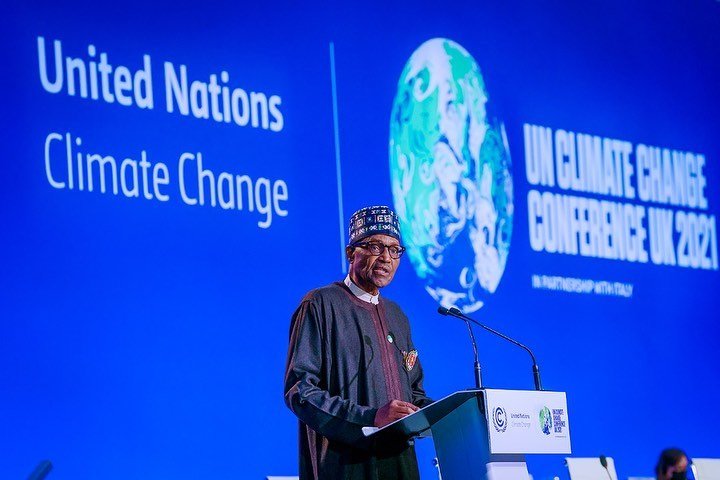The name Muhammadu Buhari has long resonated across Africa and beyond. In July 2025, the former Nigerian president’s death in London at the age of 82 made headlines worldwide and sparked reflection on a legacy that shaped Nigeria’s modern history. For UK readers, understanding Buhari’s complex journey—from military strongman to elected leader—offers insight into the politics, challenges, and hopes of Africa’s most populous nation.
Early Life and Military Rise
Born in December 1942 in Daura, Katsina State, Buhari’s upbringing was rooted in northern Nigeria’s Fulani Muslim community. He attended military training in Nigeria, the United Kingdom, India, and the United States. His military career began in earnest in the 1960s, a period marked by coups and instability following Nigeria’s independence from Britain.
Buhari’s first major political role came in 1975, when he became military governor of Borno State after a coup. By 1983, he had risen to national prominence, leading a coup that ousted the civilian government. As head of state, Buhari implemented a strict regime, launching a “war against indiscipline” and cracking down on corruption. His government detained hundreds of political opponents, journalists, and activists, earning both praise for discipline and criticism for human rights abuses.
From Dictator to Democrat
Buhari’s military rule was short-lived. In 1985, another coup removed him from power. He spent years on the political sidelines, but his reputation for integrity and anti-corruption remained strong, especially in Nigeria’s impoverished north. By the 2000s, Buhari had recast himself as a democrat, swapping military attire for traditional kaftans and prayer caps.
He ran unsuccessfully for president three times before achieving a historic victory in 2015. Buhari’s win marked the first time an opposition candidate unseated an incumbent in Nigeria’s history. Supporters saw his military background and stern demeanour as assets in the fight against Boko Haram and endemic corruption. His campaign promise, “I belong to everybody and I belong to nobody,” struck a chord with voters weary of political patronage and insecurity.

The Buhari Presidency: Hopes and Realities
Buhari’s presidency, from 2015 to 2023, began with high expectations. He pledged to root out corruption, restore security, and revive Nigeria’s struggling economy. His anti-corruption drive was central to his appeal, and he enjoyed strong support in the north, where poverty and violence were most acute.
However, the realities of governing a vast, diverse country soon became apparent. Buhari’s administration faced criticism for its slow pace—he took six months to appoint a cabinet, earning the nickname “Baba Go Slow.” The economy, heavily reliant on oil, suffered as global crude prices fell, plunging Nigeria into its first recession in decades. While Buhari’s government made some progress against Boko Haram, violence spread to other regions, with armed groups, separatists, and criminal gangs challenging state authority.
Health Struggles and International Attention
Buhari’s time in office was also marked by health concerns. He spent extended periods in London for medical treatment, with the nature of his illness kept largely secret. These absences fuelled speculation and uncertainty, both in Nigeria and among the country’s large diaspora in the UK. His health became a symbol of the challenges facing Nigeria’s ageing political elite and the need for generational change.
Legacy: Praise, Pain, and Reflection
Buhari’s legacy is one of contrasts. Supporters remember him as a disciplined, incorruptible leader who sought to instill order and integrity in Nigerian politics. His anti-corruption rhetoric and austere lifestyle inspired loyalty, particularly among the poor in the north. He was the first Nigerian president to defeat an incumbent through the ballot box, a milestone in the country’s democratic evolution.
Yet, Buhari’s record is also marked by disappointment. Many Nigerians, especially the youth, grew disillusioned as economic hardship and insecurity persisted. The government’s response to protests—most notably the #EndSARS movement against police brutality—was seen as heavy-handed, further eroding public trust. By the end of his presidency, the dream of a transformed Nigeria remained unfulfilled for many.
Death and National Mourning
On 13 July 2025, Muhammadu Buhari died in a London clinic after a prolonged illness. The announcement was met with tributes from leaders worldwide, including UK Prime Minister and Indian Prime Minister Narendra Modi. Nigeria’s National Assembly suspended all legislative activities to honour his memory, and arrangements were made for his burial in his hometown in Katsina State, in accordance with Muslim rites.
The passing of Buhari prompted reflection not only in Nigeria but also among the UK’s Nigerian community and policymakers. His life encapsulated the hopes, challenges, and contradictions of post-colonial Africa—a continent where the legacies of military rule, democratic transition, and the struggle for good governance remain deeply intertwined.
Buhari and the UK: A Lasting Connection
Buhari’s relationship with the UK was significant. He trained in Britain as a young officer, sought medical care in London, and maintained close ties with British leaders. The UK’s Nigerian diaspora, one of the largest African communities in Britain, followed his career closely, with many hoping his leadership would foster stability and opportunity in their homeland.
British media and policymakers have long viewed Nigeria as a key partner in Africa. Buhari’s tenure saw cooperation on security, anti-corruption, and economic development, though challenges in governance and human rights often complicated relations. His death, covered widely by UK outlets, serves as a reminder of the enduring ties between the two nations and the importance of Nigeria’s stability for the wider region.
Conclusion
Muhammadu Buhari’s story is a window into the complexities of modern Nigeria. Soldier, strongman, democrat, and reformer—he was a leader who inspired both hope and controversy. As Nigerians and the world reflect on his life, the question remains: can the ideals he championed—discipline, integrity, and national unity—be realised in a country still searching for lasting change? For the UK audience, Buhari’s legacy offers lessons in leadership, resilience, and the ongoing struggle for progress in Africa’s largest democracy.
To read more click here

